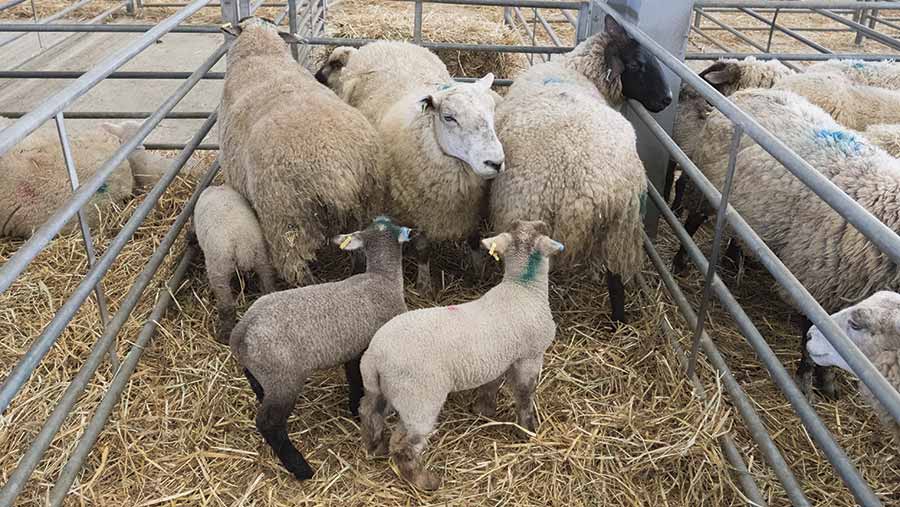Opinion: Downbeat Brexit report not gloomy enough
 © Tim Scrivener
© Tim Scrivener There is no doubt that the recent report No deal: the door to the decimation of UK farming, initiated by Farmers For a People’s Vote (a group that opposes a no-deal Brexit), will be dismissed by “leavers” as just another example of “project exaggeration”.
But the report, compiled by former NFU chief economist Sean Rickard, is surely a gross understatement of the likely impact of “no deal” on UK farming?
See also: Report warns family farms will bear brunt of no-deal Brexit
Mr Rickard suggests that 40% of farms will have “no net income” if the Basic Payments Scheme (BPS) is removed and that simultaneously removing all tariffs on food imports would render 50% of farms “unviable”.
In sectors such as lowland beef and sheep farms, however, he should have substituted “no net income” with “a thumping great loss”.
In other less subsidy-dependent sectors, such as dairying and arable, the reliance on taxpayer handouts is still daunting.
Even the very largest arable farms like Sir James Dyson’s Beeswax Dyson Farming – which spans about 30,000 acres of some of the best arable land in the UK – depend on multimillion-pound BPS payments to make them profitable.
Perhaps it is difficult for Mr Rickard to understand what the sudden introduction of free trade and the simultaneous removal of all subsidies can do to British agriculture, given that it last happened so long ago.
My father was born in 1913, so was about 10 years old when the government started to allow cheap imported wheat into Britain after the First World War.
In Sussex, and particularly on the South Downs where he lived with my grandparents and a growing number of siblings, a falling grain price had a catastrophic impact on the sheep and arable rotational farming of the district.
Farmers of every scale of operation quickly went bust in very large numbers, and by 1925 my father went barefoot one summer because my grandparents had so exhausted lines of credit in every shop in the local town that they could not even buy their oldest son a pair of shoes.
The approach of another world war, of course, changed everything and since 1940 we have now enjoyed an unprecedented near 80-year period of unbroken peacetime farm subsidies.
But that should not lull us into a false sense of our own financial security or efficiency as farmers. As an industry we have nearly £20bn borrowed from the banks – a figure that has nearly doubled in the past decade.
Today, British farmers face impossible competition from less economically developed countries like Brazil, with untapped land and cheap labour resources that could be brought into food production.
Similarly, countries like Argentina – whose currency has nearly halved in value against sterling over the past 12 months – pose a potent threat to UK farmers if their beef and other produce is to be given tariff-free or reduced-tariff access to the UK.
So, Mr Rickard, your report is gloomy, but not nearly gloomy enough.
Subsidies and tariffs are estimated to be worth more than £6bn a year to UK agriculture. That is more than the government’s Total Income From Farming figure for UK agriculture in 2018, which was less than £5bn (and much of that was from non-agricultural activities).
I’m no economist, but even the most basic maths suggests that “no deal” will be a disaster, not just for 40% of farmers, but for our whole industry.
